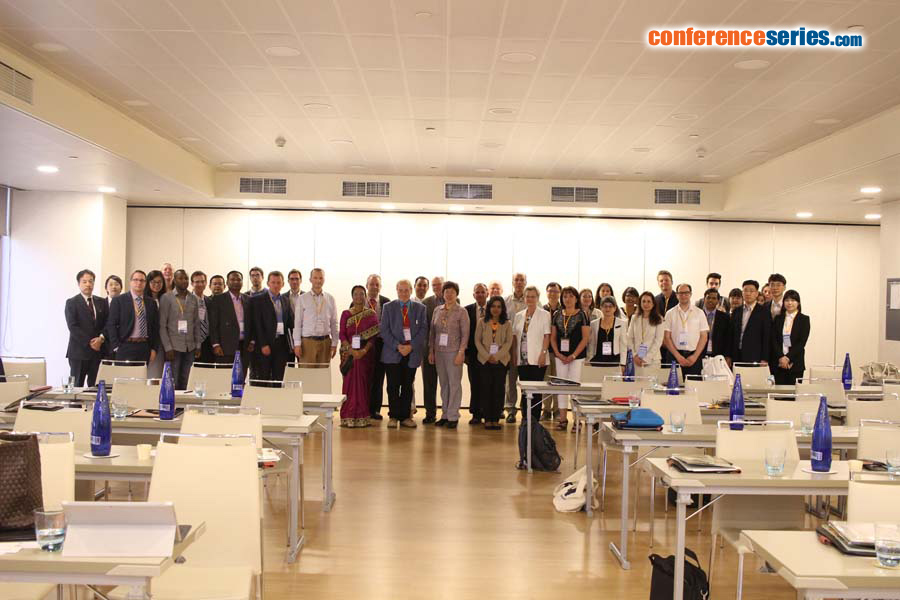
Animesh Dutta
University of Guelph, Canada
Title: Biocarbon, biomethene, and biofertilizer from corn residue: A circular economy concept
Biography
Biography: Animesh Dutta
Abstract
The three major challenges in the 21st century are food security, climate change and energy sustainability. Bioenergy is one promising renewable energy source with low net CO2 emissions and potentially sustainable if the economical, environmental and social impacts are properly managed. The development of clean and economically viable biomass conversion technologies for a domestic market is thus imperative to promote the local utilization of biomass residues in Canada. Recently Ontario Government of Canada passed the waste free Ontario, 2016 act which is the Resource Recovery and Circular Economy act (Bill 151, 2016). In the “Circular Economy act” resource recovery, and waste reduction strategy will create opportunities and markets of recovered resources. This will minimize greenhouse gas (GHG) emissions and environmental impacts in the strategy of “Waste-Free Ontario”. In this research a hybrid thermochemical and biochemical approach is proposed to produce biocoal, biomethene and biofertilizer from corn residue (CR) using the concept of circular economy. In this approach, CR is first pretreated in hydrothermal carbonization (HTC) process to produce solid biocoal. HTC process water (HTPW), a co-product of HTC processing underwent fast digestion under anaerobic conditions (AD) to produce biomethene and biofertilizer. Effects of operating conditions (process temperature and residence time) on both bio-coal and HTPW contents were studied. This process produced hybrid bioenergy of 15.71 MJ kg-1 of raw CR with an overall energy yield of 86.65%. Biocarbon produced in 240C for 30 min and 260C for 10 to 30 min were comparable to pulverised coal used in power plants, which contained HHVs of 23.01 MJkg-1 to 24.70 MJkg-1. Nutrient enriched AD digestate is useable as liquid fertilizer. Biocoal, biomethene and bio-fertilizer produced at 240C for 30 min HT process can contribute to the circular economy enrichment and reduction of greenhouse gas (GHG) emission in Ontario.
Speaker Presentations
Speaker PPTs Click Here


